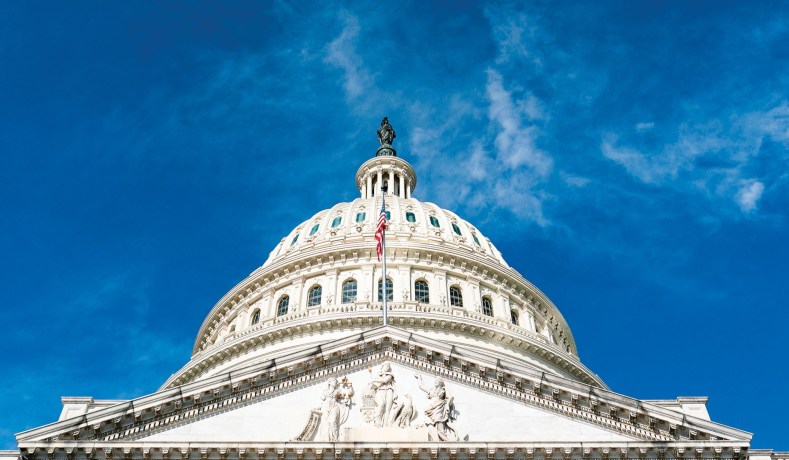
Ever since Democrats gained a majority in the House in the 2018 midterms, they have set their sights on repealing the Hyde amendment, which prohibits the federal government from using taxpayer dollars to fund elective abortions directly through Medicaid. Last year, House Democratic leadership refused to allow a vote on an amendment that would’ve stripped the Hyde amendment from a Labor-Health and Human Services (LHHS) funding bill, motivated by other political concerns.
However, this year, Democratic politicians have renewed their attacks on Hyde. Every Democratic presidential candidate, including presumptive nominee Joe Biden, publicly opposed the Hyde amendment. Last week, the Biden campaign released policy recommendations from its joint taskforce with supporters of Vermont senator and former presidential hopeful Bernie Sanders; those recommendations also called for the repeal of Hyde.
Just last week, House Democrats went a step further. On Thursday, Representative Ayanna Pressley (D., Mass.) introduced an amendment to remove Hyde’s language from a 2021 appropriations bill. In a statement, Pressley said that the Hyde amendment’s legacy was “shameful” and that she was “frustrated and disappointed” that a pro-choice House majority would advance an appropriations bill including it. Representatives Barbara Lee (D., Calif.), Jan Schakowsky (D., Ill.), and Alexandria Ocasio-Cortez (D., N.Y.) cosponsored Pressley’s amendment. Today, the House Rules Committee will decide whether this amendment will make it to the House floor for consideration.
Historically, the Hyde amendment has enjoyed strong bipartisan support. In 1976, the original amendment received votes from 107 Democrats in the House, 44 percent of House Democrats who voted on the measure. In 1993, when Democrats controlled the White House and Congress, some of them made an effort to do away with the Hyde amendment, but it remained in effect, partly because it received support from 98 House Democrats. However, in recent years, the Democratic Party has moved sharply to the left on life issues. After the 2018 election, for instance, ThinkProgress identified 183 House members who favored repealing Hyde.
This latest effort by House Democrats to do away with the Hyde amendment is a strange political decision. It is fairly clear that taxpayer funding of elective abortions is unpopular with the public. All seven national polls conducted since 2016 on taxpayer-funded abortion have found that a plurality of Americans opposes it, and six of them show that a majority of Americans opposes it. Those surveys were conducted by a range of pollsters, and there were variations among them in how the survey questions were worded.
In addition to being popular, the Hyde amendment is good policy. Ideologically diverse groups that have analyzed the effects of the amendment have concluded that it has saved millions of lives. A 2010 analysis by the pro-abortion Center for Reproductive Rights found that Hyde had prevented 1 million abortions. The Guttmacher Institute, which supports legal abortion, published a literature review in 2009 showing a strong scholarly consensus that limiting Medicaid funding of abortion lowers abortion rates. My own research for the Charlotte Lozier Institute has concluded that the Hyde amendment has saved more than 2.4 million lives since it was first adopted in 1976 and continues to save approximately 60,000 lives every year.
Moving forward, Senate Republicans need to make it clear that they will not support any appropriations bill that does not contain Hyde’s protections. Similarly, President Trump should state, as he has done before, that he will veto any appropriations bill that does not include the Hyde Amendment. This will send a strong signal to House Democrats that their recent efforts to mandate that taxpayers fund abortion will not succeed.
Editor’s Note: The views expressed in this piece are attributable to the author and do not necessarily represent the positions of the author’s affiliated institutions.


